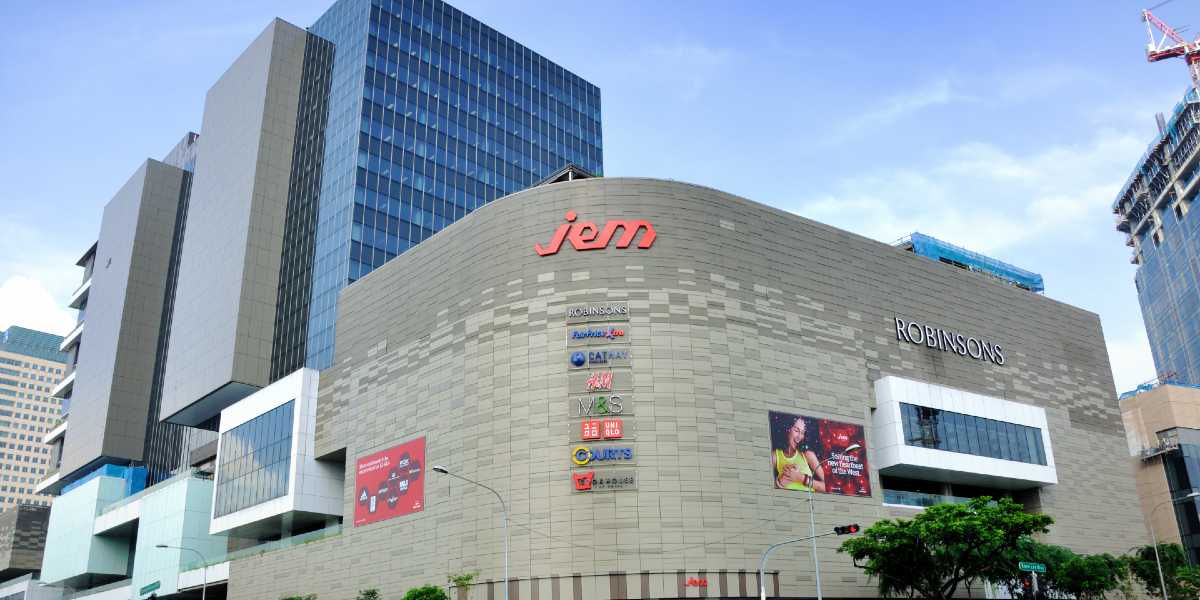Investors could consider the potential upside in community retail and in leveraging the exclusivity and value of conserved shophouses.
Is it the right time to invest in retail assets? Why should we be planning to invest in a shophouse?
Colliers' Investment Services' Pearl Lok sat down with Steven Tan, Senior Director of Investment Services, to identify investment opportunities for 2021.
Pearl Lok (PL): We believe the retail sector remains relevant, despite e-commerce being one of the major disruptors to retail sales. Do you think if this is the right time for investors to look at retail assets?
Steven Tan (ST): For every crisis, there is an opportunity. Undoubtedly, the retail sector faces a challenging time, being one of the most affected sectors by the pandemic in today’s market. However, the current situation will improve as we gradually re-open our borders for tourism and business travel and the availability of the COVID-19 vaccine likely to be in Q1 2021.
"There will be a potential upside in rental and capital value [of community retail] in the future, as the economy recovers, and we adapt to the new norm that emerged from the pandemic."
Investors should consider community retail that offers F&B and other supporting services for the convenience of residents or workers both staying or working in the vicinity.
Community retail is tapping on the large residents or workers population within the vicinity. This means there will be a potential upside in rental and capital value in the future, as the economy recovers, and we adapt to the new norm that emerged from the pandemic.
Community retail such as JEM offers F&B, lifestyle and other supporting services for residents and workers staying or working within the vicinity
PL: Could you tell us more about investing in shophouses?
ST: Shophouses belong to a niche property asset class, especially for conserved shophouses. They have a heritage value with every single property having its very own character and history.
I like to think conserved shophouses are like art pieces. The design, motif and façade of each shophouse reflect which era the shophouse was built. Acquiring conserved shophouses is like owning an exclusive and limited edition timepiece.
"I like to think conserved shophouses are like art pieces... Acquiring conserved shophouses is like owning an exclusive and limited edition timepiece."
Conserved shophouses have limited supply, and they provide great flexibility in their uses. If office space is in demand, the owner may apply for a change of use into commercial use or co-working space and lease them out for some greater return.
Similarly, if there is a shortage of hotels, the owner may apply for a change of use and convert the shophouses into a boutique hotel, co-living or service apartment, etc.These properties are very versatile and are always considered a good investment.
Shophouses - especially conserved shophouses - are highly sought-after, owing to its heritage value and limited supply in Singapore
Moreover, prices can also hold because of the limited supply and the rich heritage value. Owners can top up the lease to a fresh 99-year lease after meeting the relevant authorities’ requirements.
PL: If an investor has a budget of up to $300 million, which type of properties would you recommend him to consider acquiring in 2021, and why?
ST: I like conservation shophouses. I would go for a portfolio of shophouses with at least a block of 2 to 5 adjoining units. Each shophouse has its rich heritage value, character and story behind them.
You may also like:
- Old is Gold if Investors Know Where to Look
- Singapore's Retail Malls Maintain Investor Attraction
- Back-to-Business: A Roadmap for Building Owners
Liked what you read? Subscribe to our mailing list for more thought-pieces on the latest in commercial real estate.
---
Article enquiries
Contact our Colliers Editorial team here.





